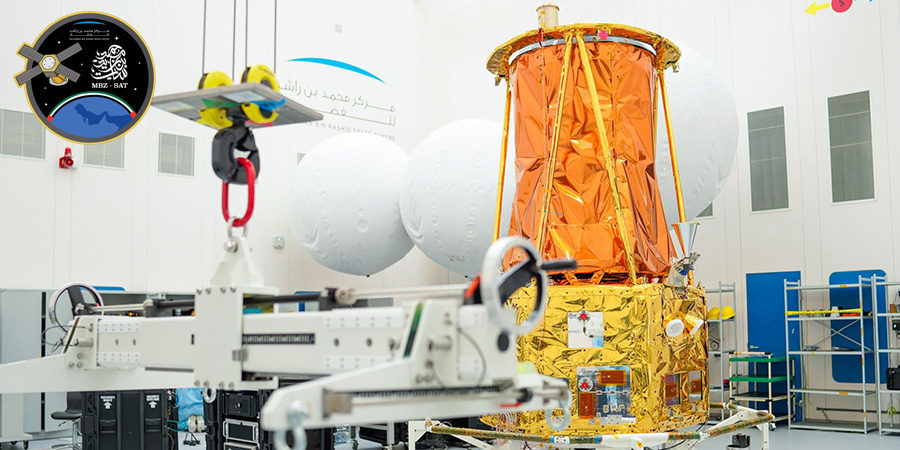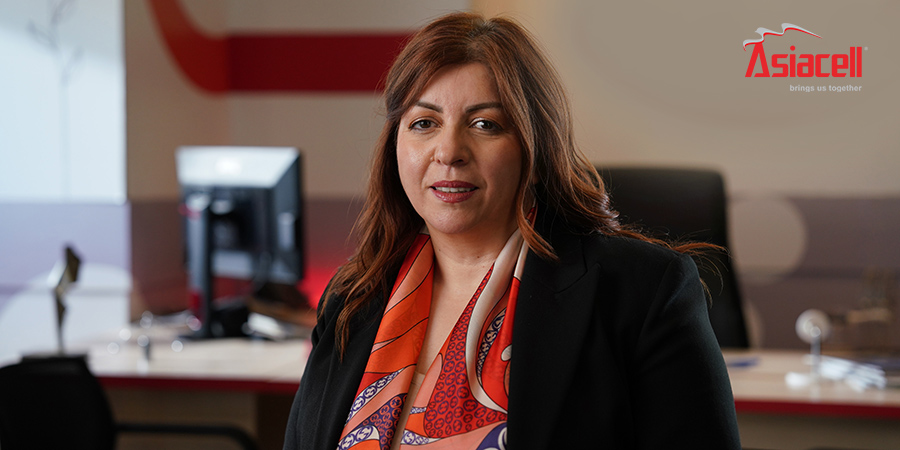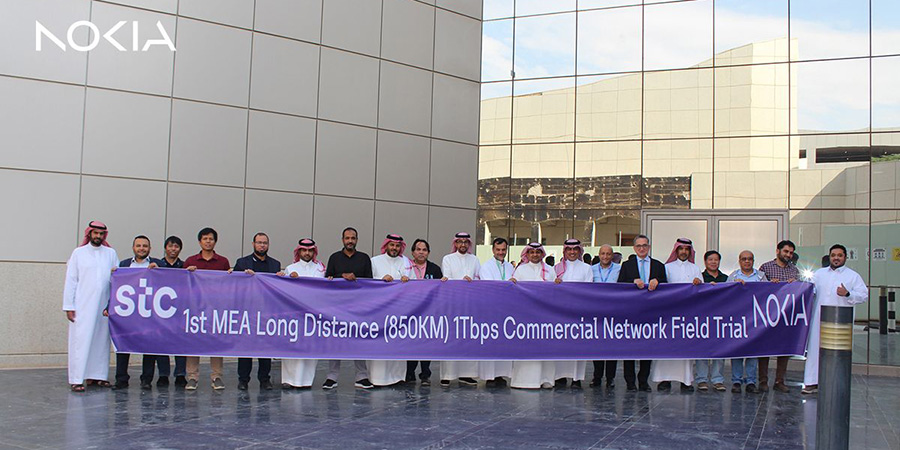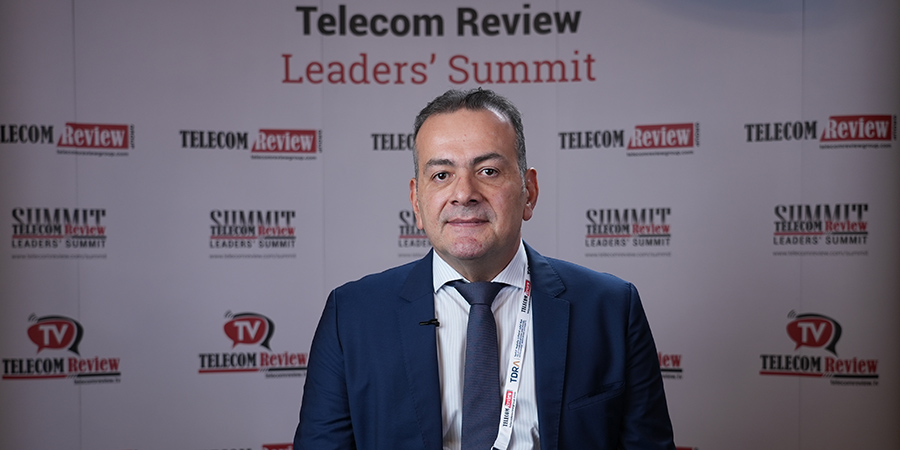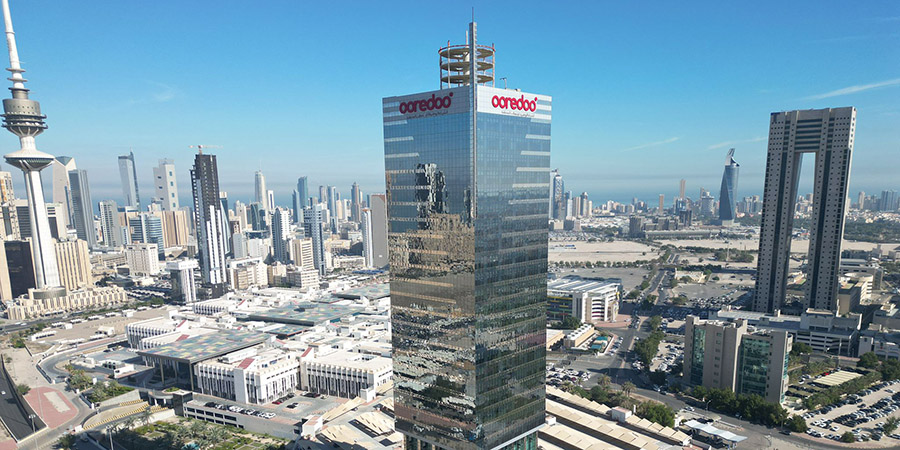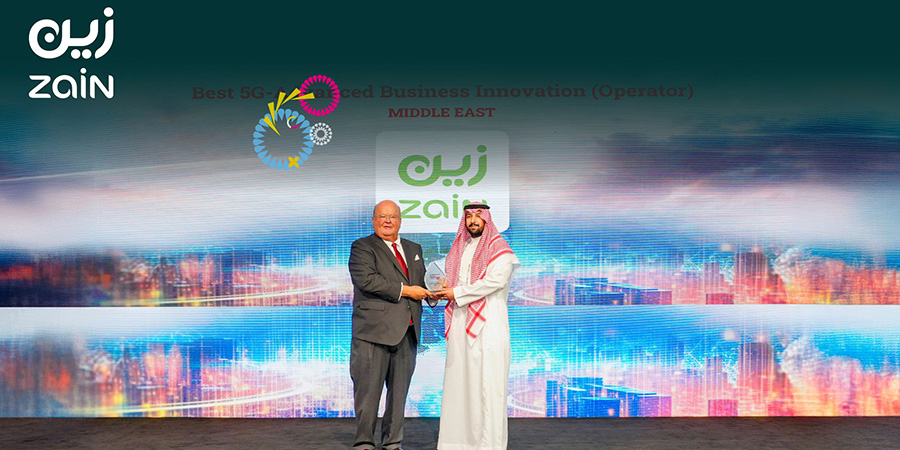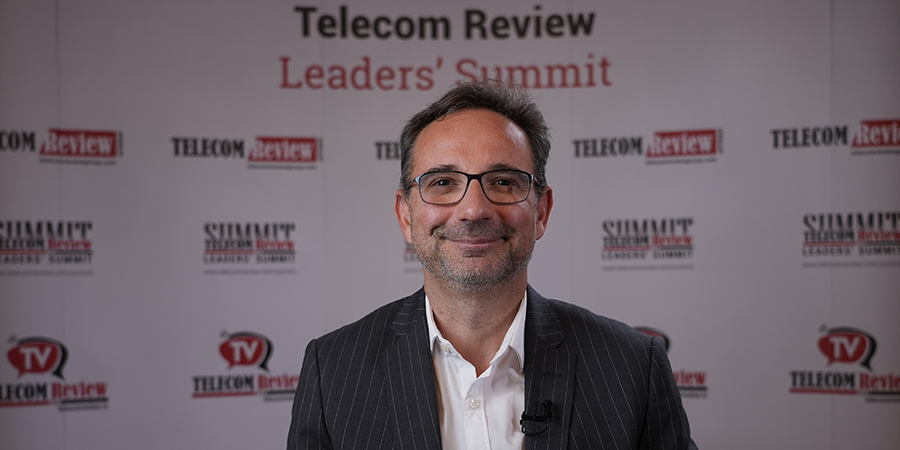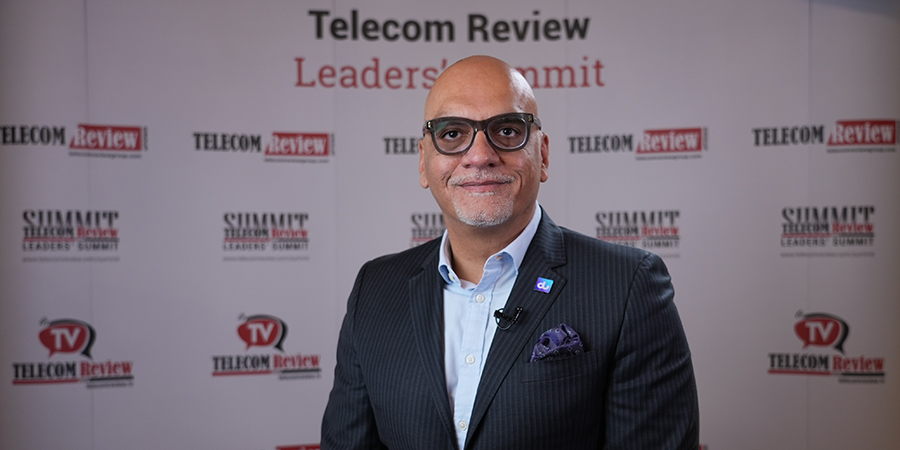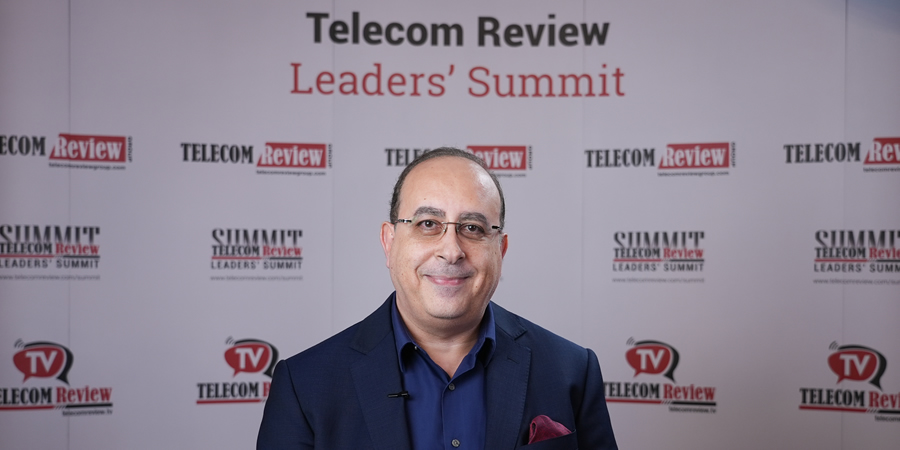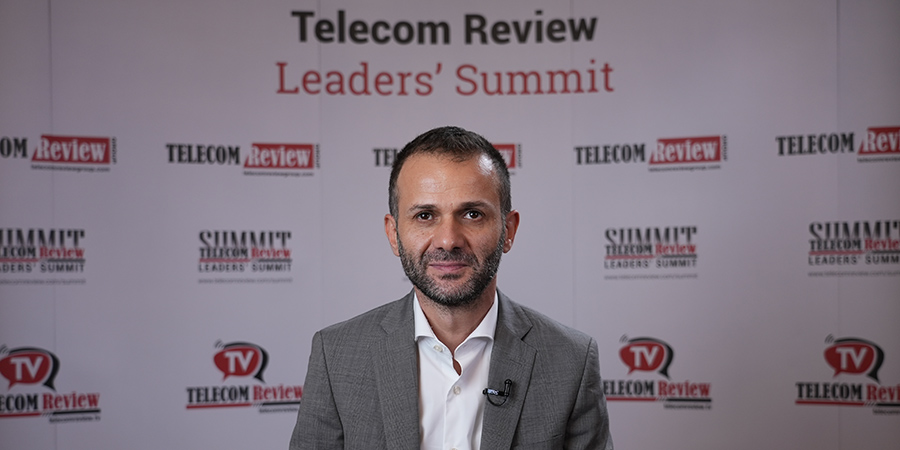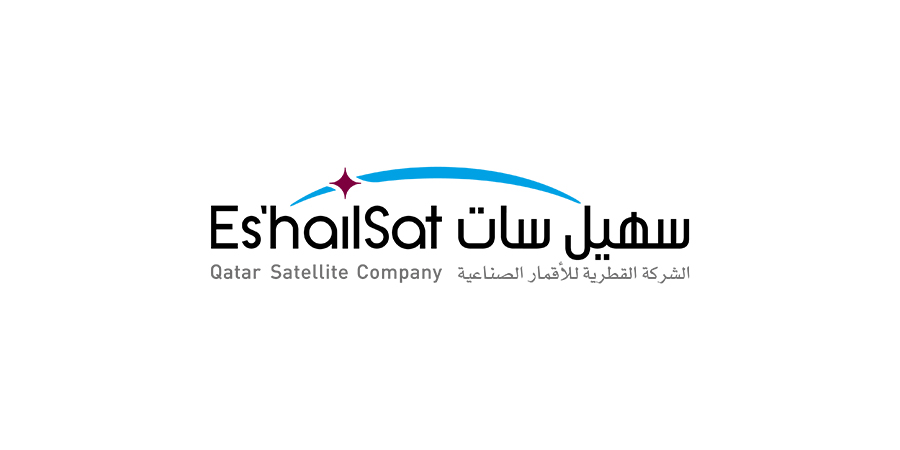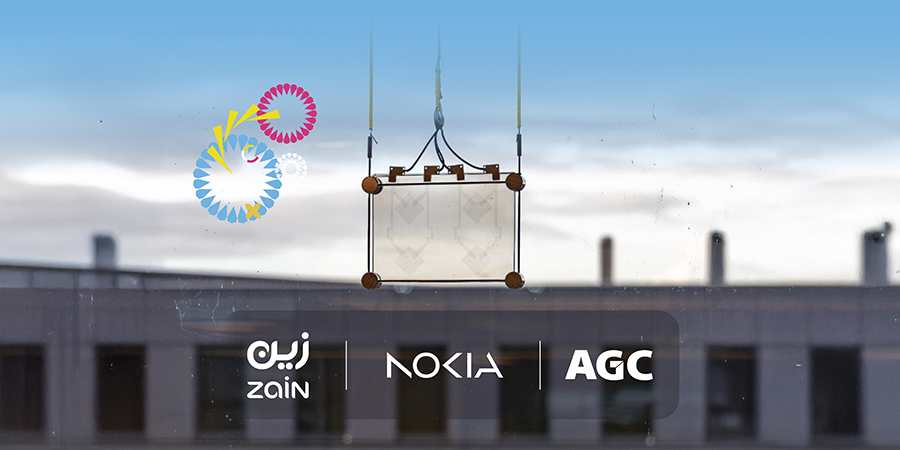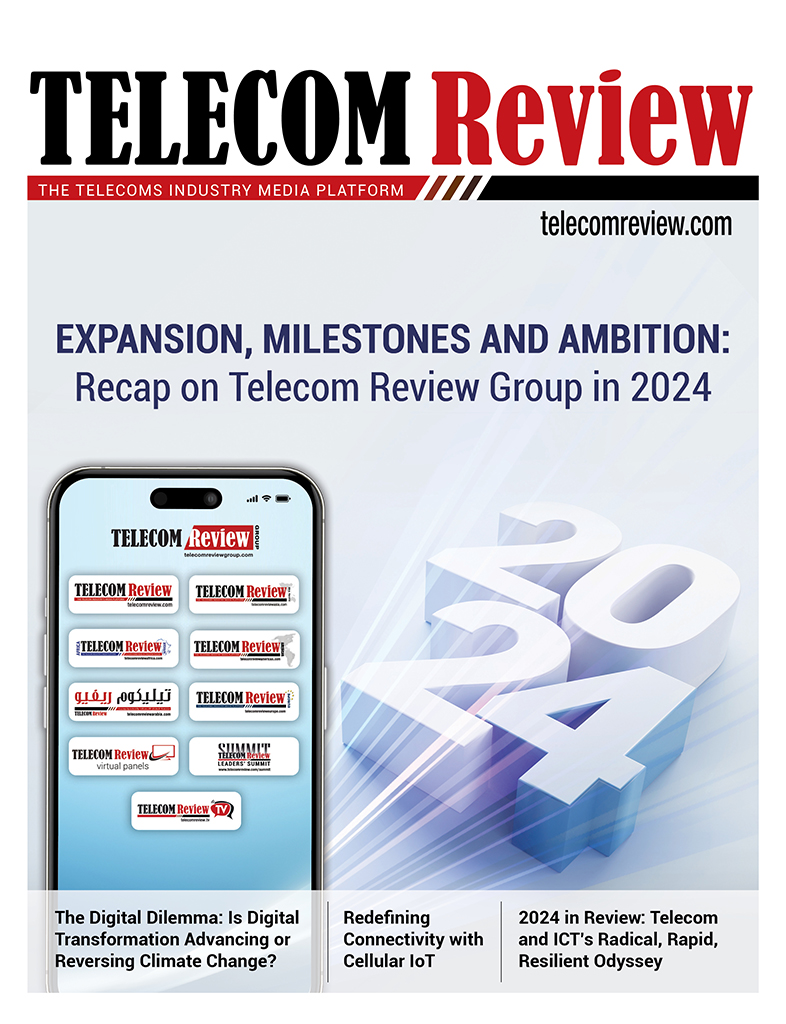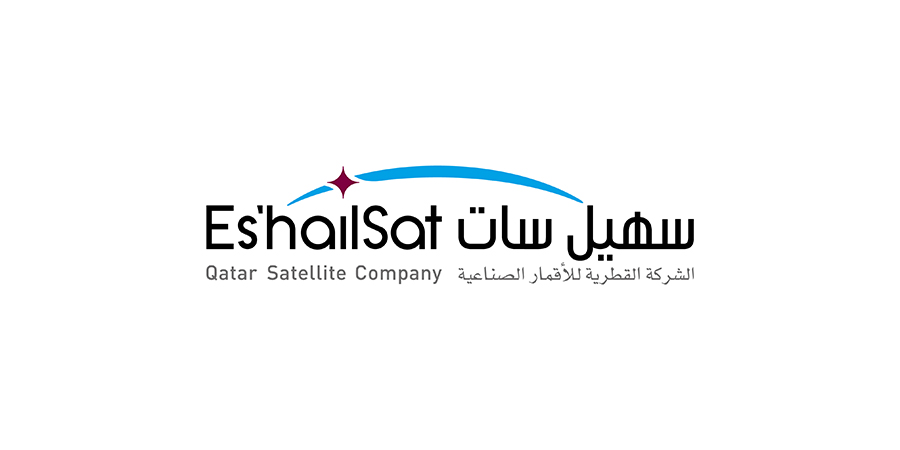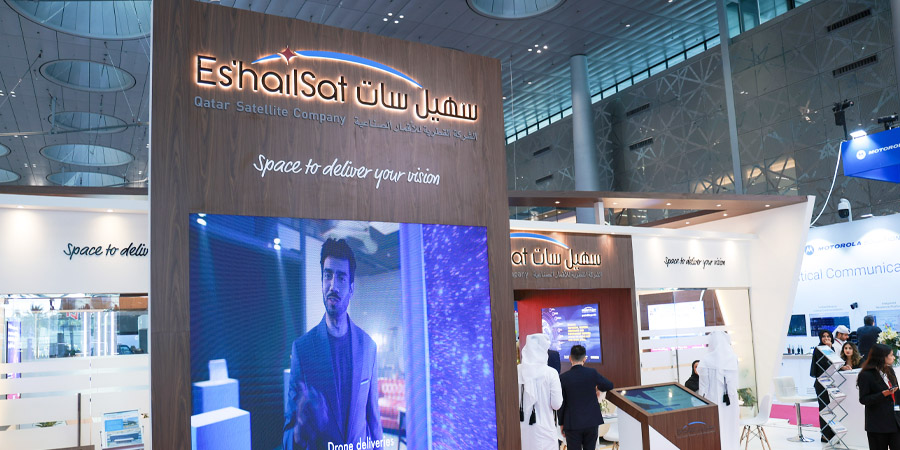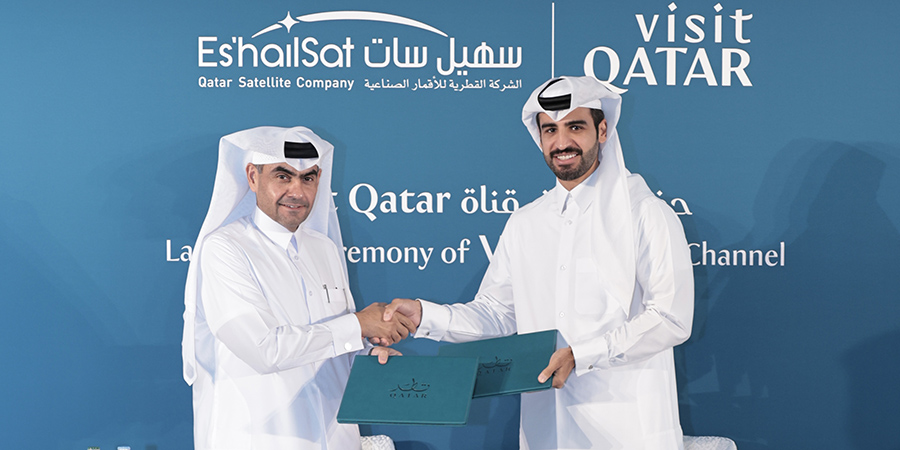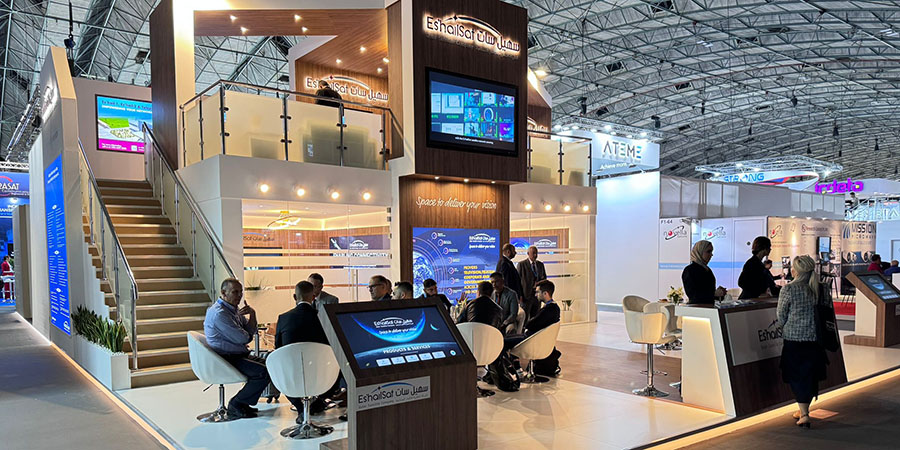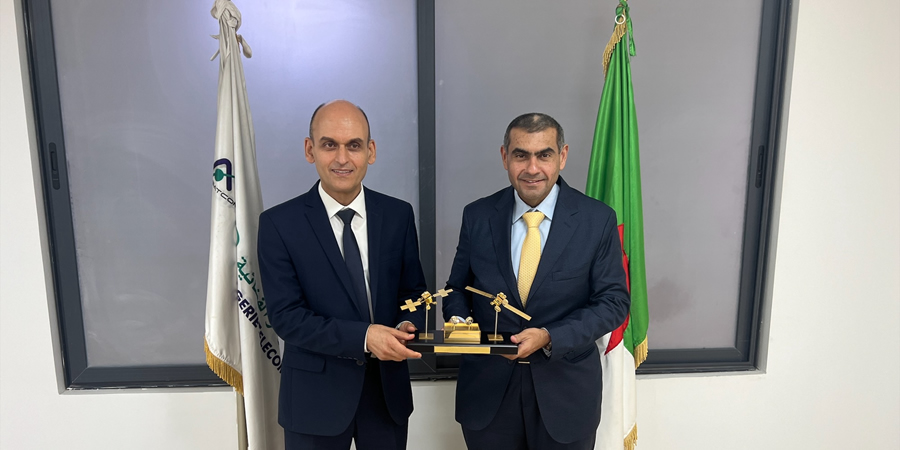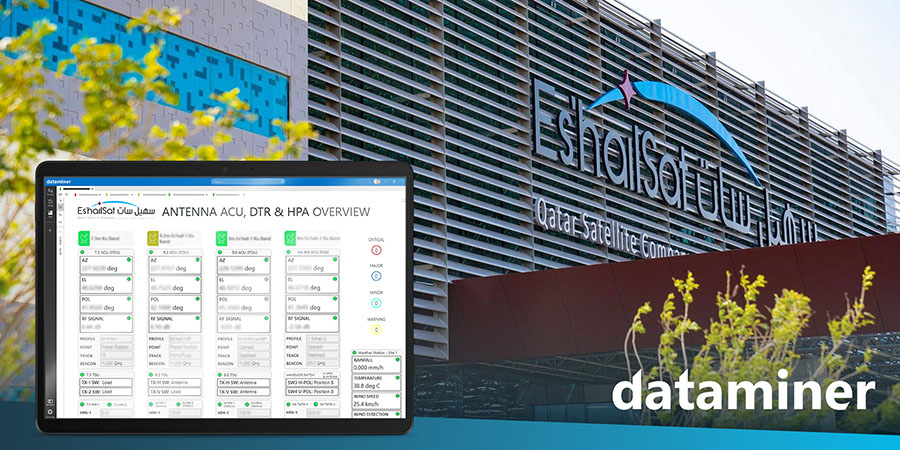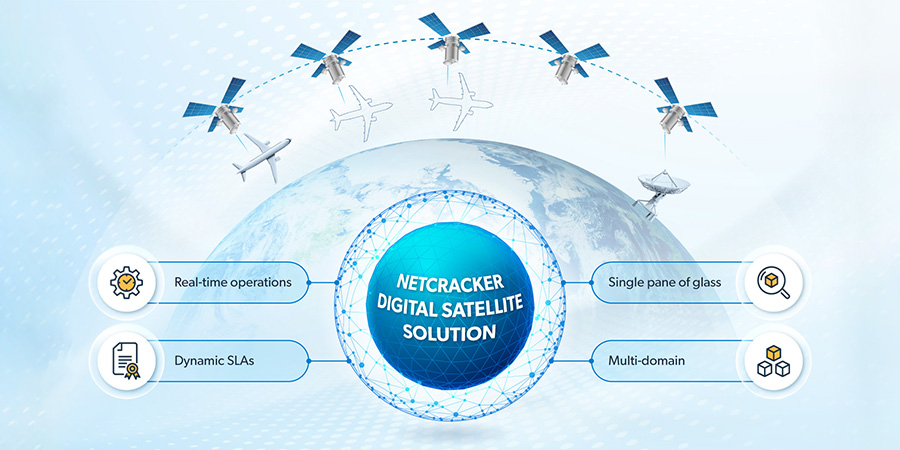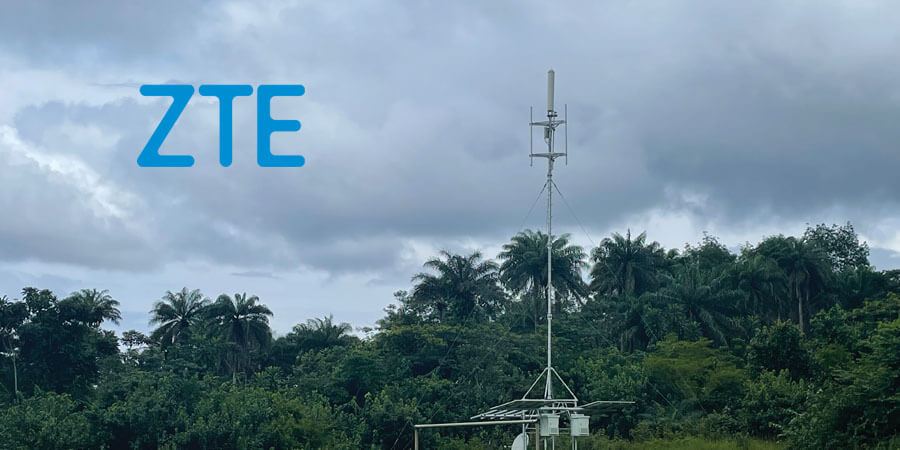According to Ericsson’s Q2 2024 Mobility Report, the Gulf Cooperation Council’s (GCC) 5G adoption is expected to herald 89% penetration by 2029.
The data follows the GCC's current 5G penetration rate of 34%, which has led to the shutdown of 2G and 3G services across the region in order to free up capacity for 4G and 5G networks.
Meanwhile, North America is expected to achieve the highest 5G penetration rate (90%) by 2029, demonstrating a significant increase from its current rate (59%).
Western Europe is projected to claim the third spot with 86% penetration by the same year, up from the present 26%.
Furthermore, Fixed Wireless Access (FWA) connections are projected to grow in the Middle East and Africa region, as telecommunications service providers aim to monetize their 5G technologies and establish connectivity in areas with limited fiber access.
Related: From Ambition to Action: Closing the GCC Innovation Readiness Gap
Accelerating Digital Transformation in the Region
According to the data, 5G is expected to become the dominant network technology in the region by 2029. This growth will be fueled by the ambitious goals and visions of GCC countries, including Bahrain, Qatar, Saudi Arabia, the UAE (Vision 2030), Kuwait (Vision 2035), and Oman (Vision 2040), all of which aim to accelerate digital transformation and economic growth through the adoption of cutting-edge technologies.
The region’s ‘telco-to-techco’ trend will continue to advance, with telecommunications service providers focusing on delivering digital services, including artificial intelligence (AI), Internet of Things (IoT), and network automation.
Globally, the 5G network reached 1.9 billion subscriptions in the second quarter of the year, with projections indicating an increase of up to 5.6 billion mobile subscriptions by 2029.
In addition, 5G is poised to account for 75% of mobile data traffic by the same year, indicating a substantial increase from its 25% share at the end of 2023.
This reflects the ICT industry’s collaborative dedication to the ongoing expansion and adoption of 5G technology, and its pioneering efforts in the establishment of a digitally-driven world.
Continue Reading:
How International Expansion Drives Growth for GCC Telcos





